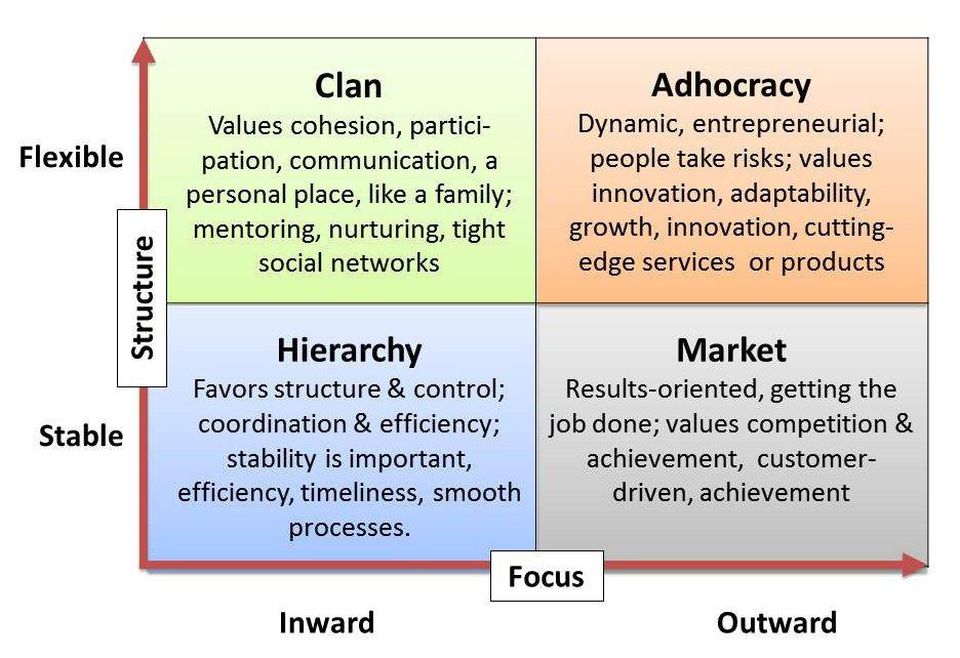Dentistry is going through an unprecedented shift. When I was growing up, my dentist’s office was attached to his house and he had his trusty assistant, hygienist and administrative support. If I was a kid and thought the practice was small and cramped, I can only imagine what I would think as an adult. I don’t remember anyone being overly happy to be at work.
Culture used to reside at the office-level. As dental consolidation continues, DSOs are in the position of trying to build a solo-practice relationship at scale. It is not easy. You have people across a region or even the entire country who may not interact a lot, however, for your own sanity and the sake of the brand, you need to have everyone on the same page.
We cover culture a lot in DSO News as it is actually one of the most critical issues facing dentistry today. Far too often I see consolidators who do nothing when it comes to culture building and transformation and it trickles down to employee morale, turnover, and across the entire enterprise. If everybody is going to be working together towards the same goals then they need to share values, which is a big part of culture.
The importance of culture is nothing new in business, however, it is rightfully becoming more prominent in dentistry. In 2014, Marriam Webster’s dictionary stated “culture” was the most popular word of the year.
Culture is most important in retention and group dentistry is in the midst of a retention crisis. Dentists shouldn’t stay with your group for two to three years. There should be a pathway to ownership so that they will stay with you through their career. Groups can provide a new, technologically advanced office full of awesome people, however, at the end of the day, the patient is really building a relationship with the provider. You want that provider to stay around for life so that the patient stays around for life. You neither want the expensive recruiting costs, or run the risk of having to acquire new patients every time your dental group experiences provider turnover.
Unemployment is at record lows and the talent pool reflects it. You have to screen harder than ever through fewer applicants to find talent that matches your culture. One bad culture fit can bring down an office, a group, or even a DSO. Yes, it can really happen.
By focusing on building a stellar culture, you will become an automatic magnet for the best talent. They will be so thrilled working for you that they will recommend you to like-minded people in their social circle.
Here are some reasons why focusing on dental practice culture is so important:
- Not at all coincidentally, Fortune’s Best Places to Work, Glassdoor’s Best Places to Work, and LinkedIn’s Top Companies share many names.
- Younger companies focusing on culture care are cashing in. HubSpot, a marketing tech firm (amazing solution, unfortunately they do not claim HIPAA compliance and will not sign a BAA) in the Northeast puts a huge emphasis on culture with over 1,000 employees and is ranked 4.7 on Glassdoor, far above the national average.
- It’s not just younger companies. One company in dental really stands out when it comes to culture. Smile Brands, Inc. enjoys a solid 4.6 rating and has won many honors related to culture. They consistently outrank every other DSO when it comes to culture awards.
- Netflix’s culture manifesto is one of the most popular documents on the internet and has been viewed over 18 million times.
- Culture-driven companies win. Wegmans, a grocery store chain, is consistently ranked in Fortune’s best places to work list. Wegmans is known for resetting business goals with the sole purpose of creating the jobs and career growth they want for their people. They live by the “take care of your people and they will take care of your customers” theory.
- Even penny-pinching insurance companies invest heavily in culture. Aetna raised wages, improved health benefits, and also introduced yoga and mindfulness training to the entire company. This even extends to the call center. It addressed a $100MM/yr. turnover problem and its CEO claims it improved the insurer’s bottom line by 3-4%.
What is culture?
Culture is a generic term that is extremely vague. The best way to view culture is “what happens when nobody is looking?” Simply put, culture are the cells that make up what is your group dental practice or DSO. It is a personality.
While it can be summarized in a sentence like culture is “what happens when nobody is looking,” it is much more nuanced than that.
Culture is a set of values, behaviors, reward systems, performance enhancement, artifacts, and rituals that make up your group dental practice or DSO. You can “feel” the culture of a practice the second you walk in the front door. Are you greeted promptly? How are you greeted? Is the check-in process simple? Does everybody appear to be happy working there? What does the office look like? What does the office smell like? What’s on the TV? Everything matters. Not only are first impressions important, continuously fulfilling the patient’s expectations to match that first impression is paramount. The vibe is created by the office manager and dentist. It starts with leadership. Is everyone on board?
Diagnosing and Changing Organizational Culture, Third Edition: Based on the Competing Values Framework, authored by Kim Cameron and Robert Quinn, is a timeless must-read textbook on organization culture. Through years of research, they grouped organizational cultures into four groups. Their research found that most teams fall into one of the four team types. You are easily able to diagnose your culture using their tools, as well as others, to help align your values and hiring to the culture you want to build. You must consider three things: what is my culture, how strong is my culture and how consistent is it?

Like “nature versus nurture,” there is also “culture versus climate.” What does this mean? Culture takes a long time to build and is an ongoing effort. Climate is something that can be changed must quicker. Change your climate so that it supports the culture you want to build. As an example, does the patient, doctor and employees want to work out of a cramped run-down office or would they be happier and perform better in a new modern environment with the latest in technology? Which type of office would encourage them to head to work in the morning?
Want to learn more about taking your practice to the next level? Check out these reads:
- “Raise Your Game: High-Performance Secrets from the Best of the Best” by Alan Stein, Jr.
- “The Culture Code: The Secrets of Highly Successful Groups” by Daniel Coyle
- “The Talent Code: Greatness Isn’t Born. It’s Grown. Here’s How” by Daniel Coyle
- “Profit from the Positive: Proven Leadership Strategies to Boost Productivity and Transform Your Business” by Margaret H. Greenberg
- “Emotional Intelligence 2.0” by Travis Bradberry
Remember to work on your culture every minute of every day. It will pay off.











